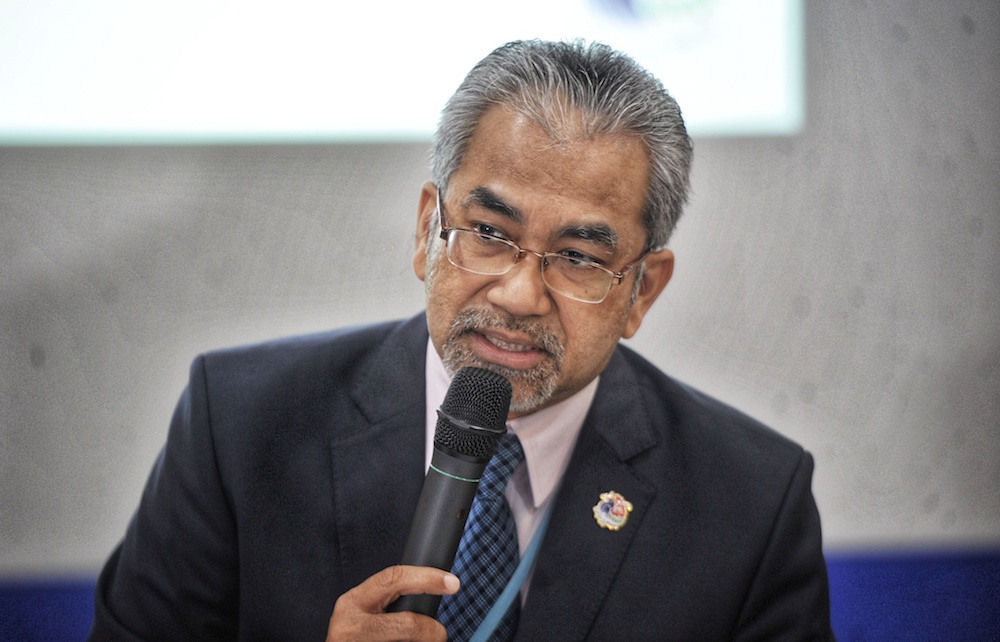KUALA LUMPUR, Jan 8 — The visa waiver programme for tourists from China and India will not compromise national security, Tourism Malaysia director-general Datuk Musa Yusof said today amid backlash.
He said those seeking to come to Malaysia for tours and holidays must still apply to do so, despite not having to obtain visas.
“Upon arrival at any entry point, the Immigration Department will scan the individual’s background to determine if he or she is a bona fide tourist and not here with an ulterior motive,” Musa said after the signing of a collaboration between Tourism Malaysia and TM Berhad for the Visit Truly Asia Malaysia 2020 campaign, at the KL Tower.
Among the things verified by the Immigration authorities include e-wallet records, hotel bookings, tour programmes, and others.
“If anything is amiss, the authorities can decide if the individual in question is turned back at the entry point.
“So even if there is no need for a visa for Chinese and Indian tourists to enter the country, issues related to national security must never be taken lightly,” he said.
Musa also expressed his puzzlement at why an issue was being made over the visa waiver, as the initiative has been in place since 2016, with the Home Ministry extending it from January 1 to December 31 for the tourism campaign.
Last Wednesday, PAS deputy president Datuk Tuan Ibrahim Tuan Man urged Putrajaya to cancel the waiver on grounds that Chinese and Indian nationals overstaying in Malaysia was a problem for the country’s security.
He claimed that over 95 per cent of Chinese and Indian nationals entering Malaysia as tourists overstayed from 2016 to 2018, which is something the federal government needs to deal with as soon as possible.
Prime Minister Tun Dr Mahathir Mohamad had first announced the waivers on December 29 last year, allowing Chinese and Indian tourists to enter Malaysia for up to 15 days by using the electronic travel registration and information system individually or through travel agencies in their respective countries.



















